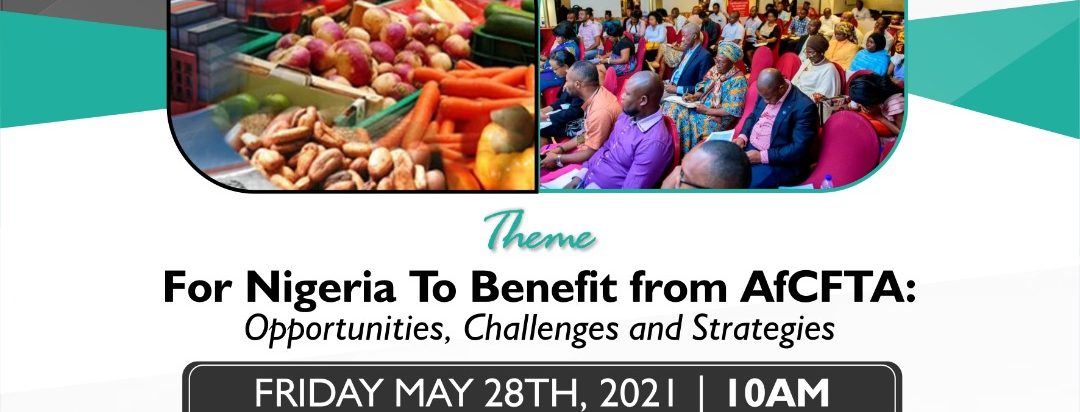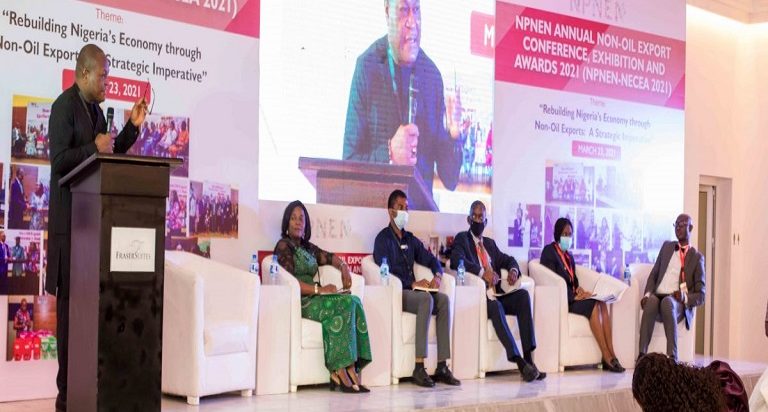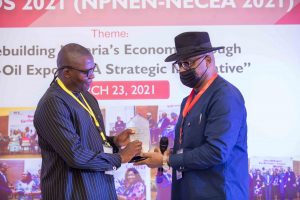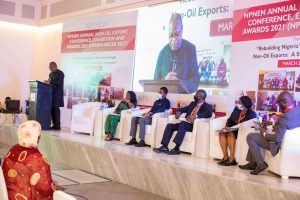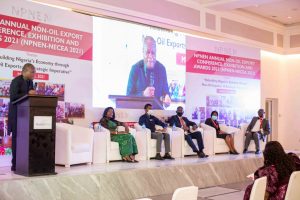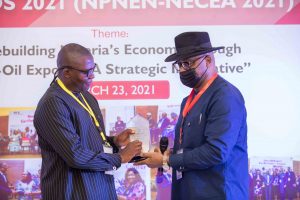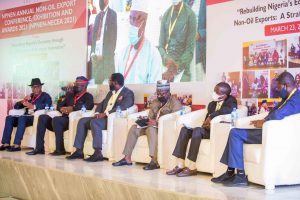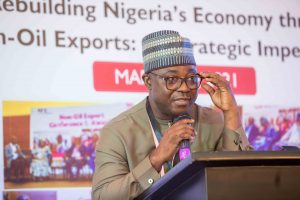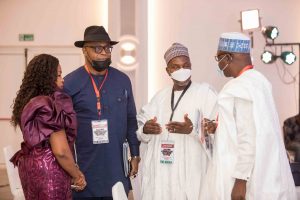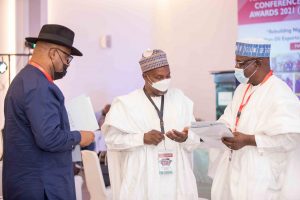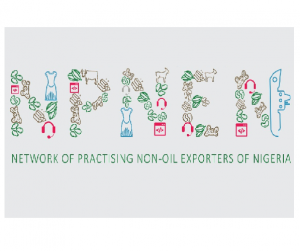 NPNEN Reacts to Federal Government’s Ban on Raw Shea Exports: Calls for Strategic, Data-Driven Policy to Avoid Collateral Damage
NPNEN Reacts to Federal Government’s Ban on Raw Shea Exports: Calls for Strategic, Data-Driven Policy to Avoid Collateral Damage
Abuja, Nigeria – [Date] – The Network of Practicing Non-Oil Exporters of Nigeria (NPNEN) expresses profound concern over the Federal Government’s recent imposition of an outright ban on the export of raw shea products. While we unequivocally support the strategic goal of promoting local value addition and industrialization, the current approach is ill-timed, poorly informed, and risks causing severe economic damage to a sector dominated by rural women and smallholders, while doing little to achieve its intended objective.
As key stakeholders in the non-oil export sector, we have long advocated for policies that grow local industries, empower communities, and attract investment. However, bans are not strategies. This abrupt prohibition destabilizes livelihoods, undermines Nigeria’s credibility in international trade, and fails to address the real bottlenecks stifling the shea value chain.
The Data Behind Our Concern: Why This Ban Misses the Mark
Nigeria is the global leader in raw shea nut production, accounting for nearly 43% of the global supply with an annual production of approximately 350,000 MT—a figure with the potential to reach 900,000 MT. Despite this dominance, Nigeria is conspicuously absent from the list of top shea butter exporting nations, which is led by the United States, Thailand, and Italy.
This anomaly, reminiscent of the cocoa value chain, is not due to a lack of raw materials but to critical structural deficiencies:
Key Risks and Unintended Consequences
Our Position
The Way Forward: A Call for a Strategic Policy Mix
NPNEN urgently calls on the Federal Government to:
The new 30,000 MT facility in Mokwa is a step in the right direction, but it alone cannot absorb the existing surplus, let alone future production growth. Without the right enabling environment, SMEs and processors will struggle, and the potential of this sector will remain unrealized.
NPNEN stands ready to work with the government to design a strategic roadmap that truly strengthens the shea sector, protects livelihoods, attracts investment, and positions Nigeria as the global leader in value-added shea products it deserves to be.
Signed,
Network of Practicing Non-Oil Exporters of Nigeria (NPNEN)
For more information, please contact:
NPNEN Secretariat.


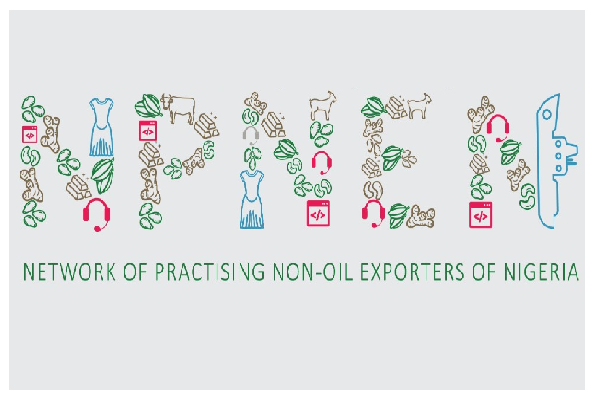

 CHIDI UGWU
CHIDI UGWU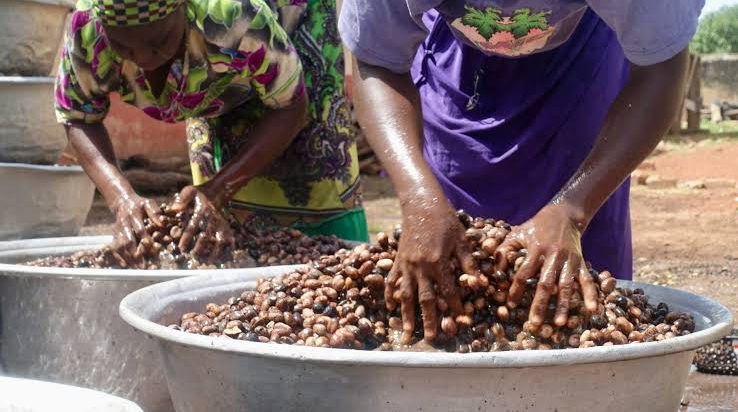
 The Network of Practicing Non-Oil Exporters of Nigeria (NPNEN) has called on the Federal Government to reconsider its recent ban on shea exports, advocating for a phased, consultative approach to bolster local processing and industrialization.
The Network of Practicing Non-Oil Exporters of Nigeria (NPNEN) has called on the Federal Government to reconsider its recent ban on shea exports, advocating for a phased, consultative approach to bolster local processing and industrialization.